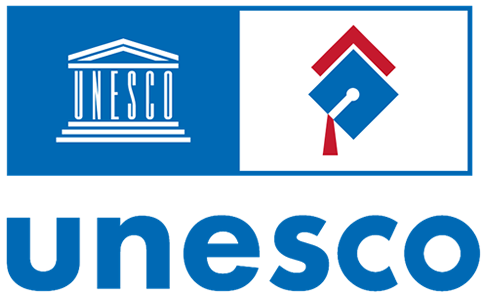Misconceptions about (the end of) internationalization, challenges and opportunities for the future
Resumen
Internationalisation is a key driver in modern higher education. From a rather marginal and fragmented issue in most countries and institutions of higher education until the end of the 1980s, it has evolved over the past 30 years into a mainstream and central component of policies and practices in higher education, at the international, regional, national and institutional level. One of the main challenges for the future is the new political climate in Europe, United States of America but also elsewhere, a nationalist reaction to the increased globalisation of our economies and societies, with potential negative implications for its internationalisation. This contribution deals with those challenges and in particular the misconceptions in internationalisation of higher education that to a large extent have contributed to this inward-looking trend around the world. How to overcome the misconceptions and challenges to internationalisation and create a sustainable and comprehensive internationalisation for all students and faculty is the agenda for the future.
Los derechos de autor permiten la protección del material original, y frena la utilización del trabajo ajeno sin permiso. UNESCO IESALC se adhiere a las licencias Creative Commons en la publicación de acceso abierto de la ESS. En concreto, los textos publicados en esta revista están sujetos a una licencia Creative Commons Reconocimiento-NoComercial 4.0 Internacional (CC BY-NC 4.0): La ESS es una revista de acceso abierto, lo que significa que todo el contenido está disponible gratuitamente para el usuario o su institución. Los usuarios pueden leer, descargar, copiar, distribuir, imprimir, buscar o enlazar a los textos completos de los artículos, o utilizarlos para cualquier otro fin lícito, sin pedir permiso previo al editor o al autor, procurando siempre cite al autor. No se permite el uso comercial. La ESS requiere que los autores acepten el Copyright Notice como parte del proceso de envío. Los autores conservan todos los derechos.
La licencia completa puede consultarse en https://creativecommons.org/licenses/by-nc/4.0/
 Reconocimiento – NoComercial (CC BY-NC 4.0)
Reconocimiento – NoComercial (CC BY-NC 4.0)
Esta revista no aplica ningún tipo de cargo a los autores por la presentación o procesado de los artículos. Los autores de las colaboraciones recibirán acuse de recibo de que el trabajo ha llegado al Equipo Editorial de la Revista.




.png)
